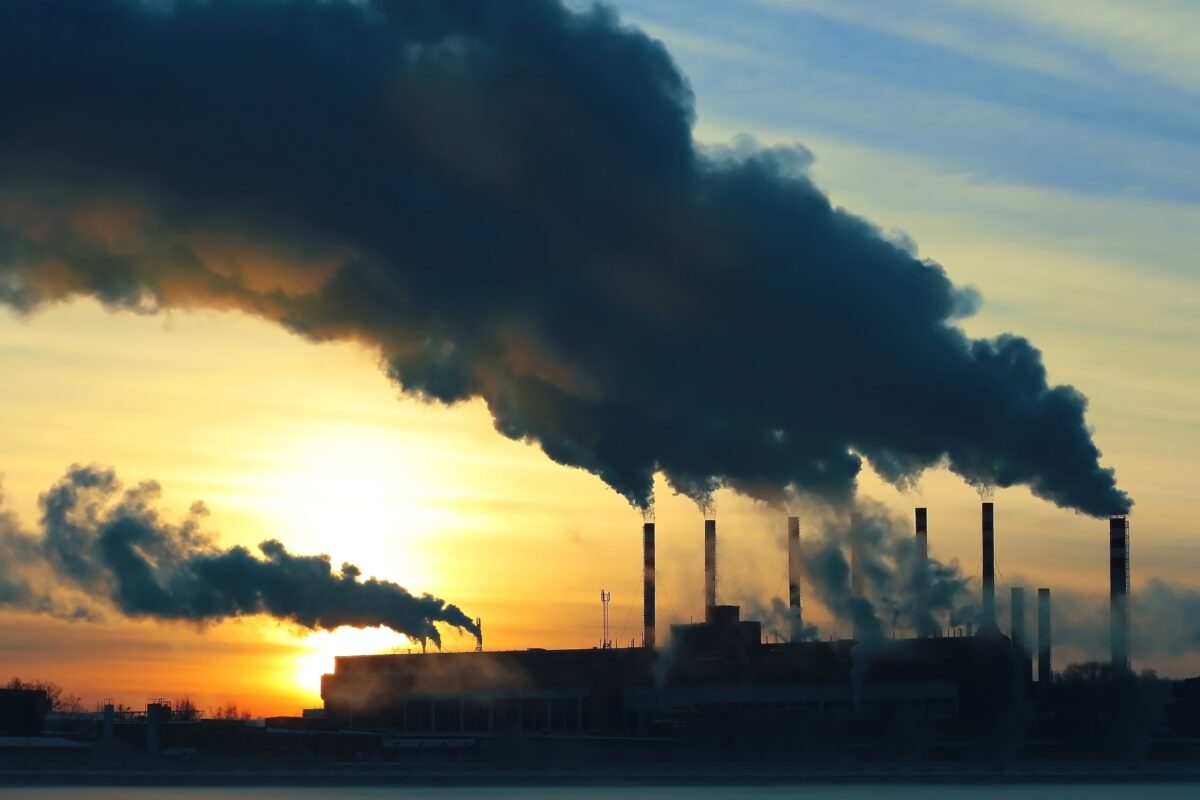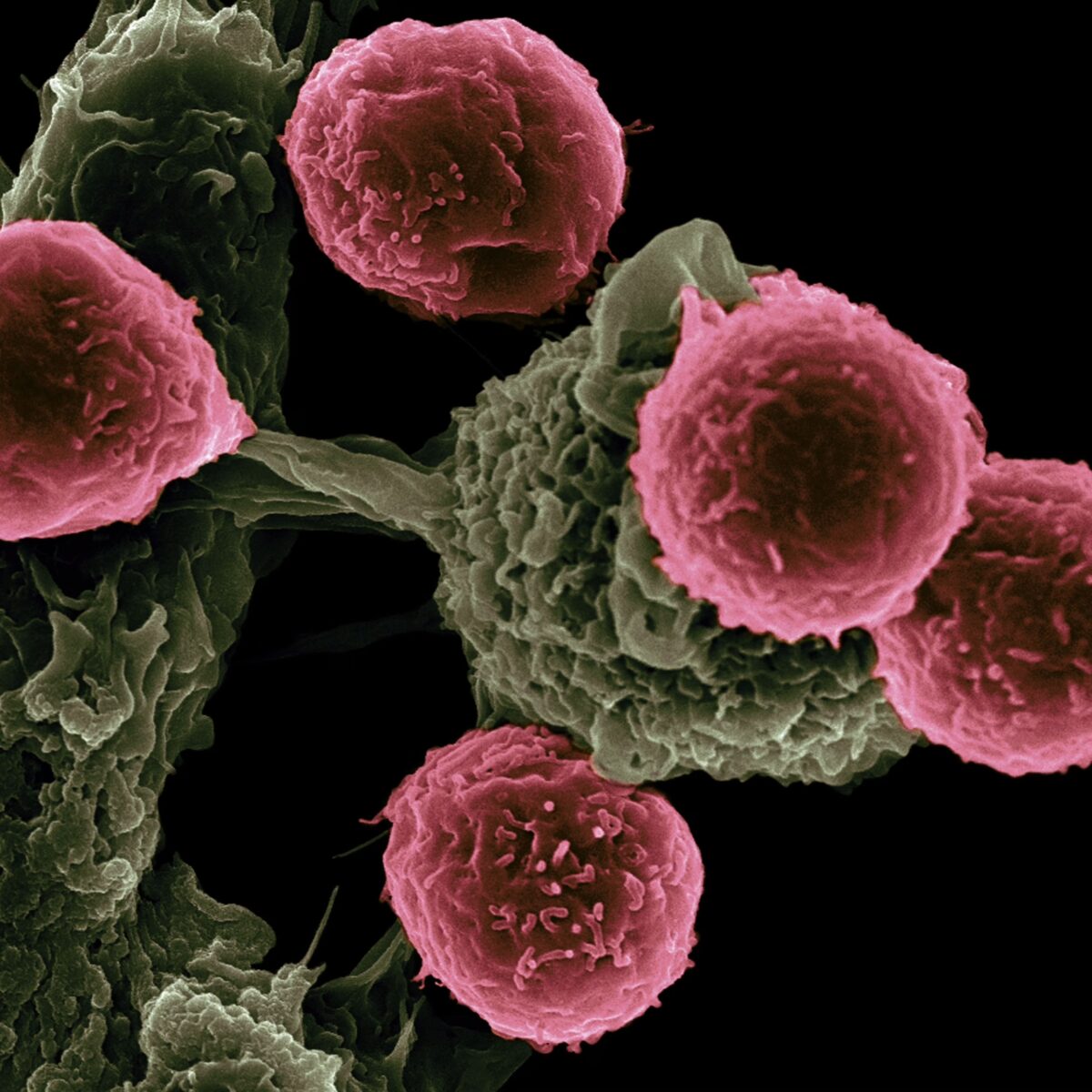 #Essays
#Essays
Reconnecting knowledge
Why health research demands greater engagement with environmental issues
 "Large sections of the world’s population are simultaneously affected by atmospheric pollution, a lack of basic sanitation, and the inherent risks of climate disasters" | Photo: Shutterstock.
"Large sections of the world’s population are simultaneously affected by atmospheric pollution, a lack of basic sanitation, and the inherent risks of climate disasters" | Photo: Shutterstock.
The socioenvironmental frameworks of contemporary society reflect the fact that human activity is having an increasingly complex impact on the environment, causing both quantitative and qualitative changes. The issue of sustainability has therefore assumed a central role in considerations of human development and the paths humankind might take in the future.
Analyses of anthropogenic impacts on ecosystems have demonstrated that the constant hunt for material resources and quest to improve living conditions for growing populations has generated and exacerbated direct and indirect forces that alter the capacities of ecosystem services, which themselves are essential to supporting human quality of life.
These vast chains of cause and effect, which include global climate change and related phenomena, tend to affect health on different scales.
The broad combination of human health and quality of life factors help illustrate the enormous interdisciplinary challenge faced by those attempting to analyze global climate change. The relationship between human epidemiology and environmental changes is made even clearer by the overlapping influence of different types of environmental factors.
Experts point to the large sections of the world’s population that are simultaneously affected by atmospheric pollution, a lack of basic sanitation, and the inherent risks of climate disasters. These are often the poorest inhabitants of urban areas in developing countries.
The result is an urgent need to reflect on the challenges involved in changing the way we think about and respond to health and socioenvironmental issues from a modern perspective.
It is impossible to resolve the growing and complex problems affecting contemporary society—and revert the causes—without radical changes in our knowledge systems, values, and behavior, which are based on the dynamics of existing reason and driven by aspects of economic development.
The interdisciplinary nature of the problem needs to be seen as a chance to produce new knowledge, to establish transversal perspectives and understanding in research, which will lead to developments in teaching.
Greater engagement with society as a whole is needed, as well as interaction between disciplines, in contrast to the current compartmentalization of science caused by excessive specialization. Combining multiple fields of knowledge would stimulate the development of interactive methodologies, bringing the scope into focus.
The desire to consolidate teaching and research from an interdisciplinary perspective highlights the importance of social processes that determine how nature is appropriated and transformed through social participation in environmental resource management, considering the evolutionary aspect in the broadest sense, including connections between biological and cultural diversity, as well as the different practices of different social actors and the impact of their relationships with the environment.
Science and technology is unable to predict and control the risks that might cause harm to human health and the environment, resulting in long-term uncertainties that could be irreversible, as is the case with climate change.
German sociologist Ulrich Beck (1944–2015) believed that living in a society at risk has made it difficult to “control” the side effects and dangers of our decisions—but knowledge can help make unpredictable risks more calculable, despite not being able to put an end to unpredictability.
The biggest hurdle is to reconnect knowledge and abandon reductionism, making space for what French philosopher Edgar Morin calls “thought that knows its boundaries and the reality of uncertainties.”
Based on the recognition of uncertainty and complexity, Funtowicz and Ravetz proposed an approach they dubbed “post-normal science.” The principle involves increased dialogue and collaborative work between scientists and other social actors through “extended peer communities,” respecting different fields of scientific knowledge and the diversity of traditional knowledge.
In the event of a global health crisis like the COVID-19 pandemic and an inability to find explanations for complex and emerging high-risk situations, improving dialogue can accelerate decision making.
The emphasis on practices that encourage interdisciplinarity and transversality reveals the major potential for a new approach, especially with respect to topics that demand changes in behavior, such as the issue of socioenvironmental responsibility.
It is important to understand the complexity involved in the processes and the challenge of fostering a more reflective and active attitude, thus encouraging citizens to be more responsible, cautious, and engaged in collaborative processes related to health and the environment.
Pedro Roberto Jacobi is a sociologist and professor at the School of Education of the University of São Paulo (USP), as well as a professor on the Environmental Science Graduate Program at USP’s Institute of Energy and Environment (IEE). He is a member of The Integrated Assessment Society (TIAS) and the Steering Committee of USP’s Global Cities Program at the university’s Institute for Advanced Studies (IEA).
Opinion articles do not necessarily reflect the views of Science Arena or the Hospital Israelita Albert Einstein.
*
This article may be republished online under the CC-BY-NC-ND Creative Commons license.
The text must not be edited and the author(s) and source (Science Arena) must be credited.


